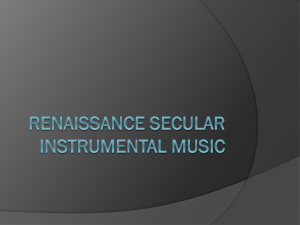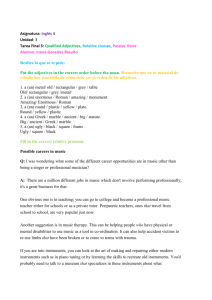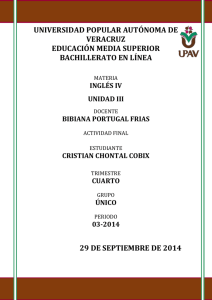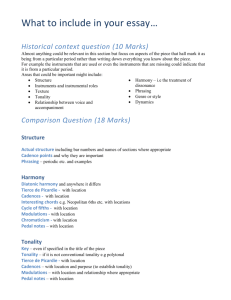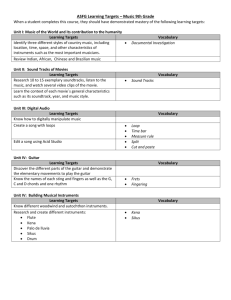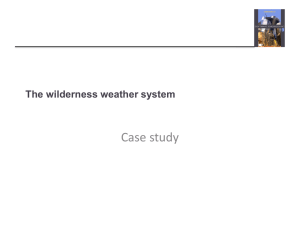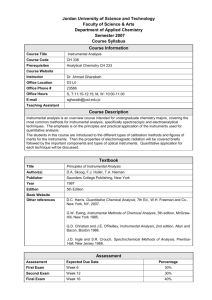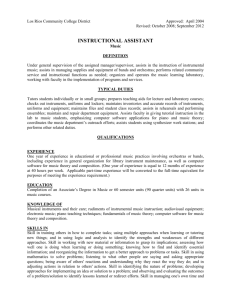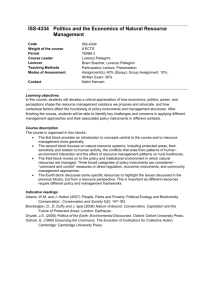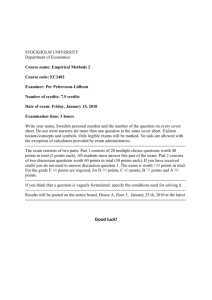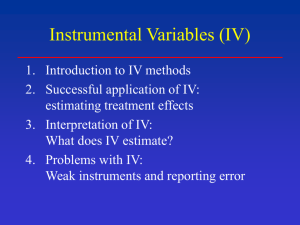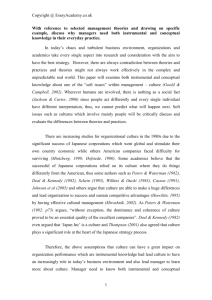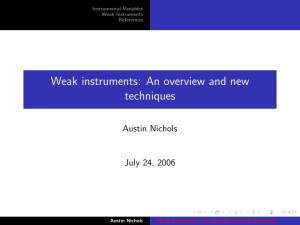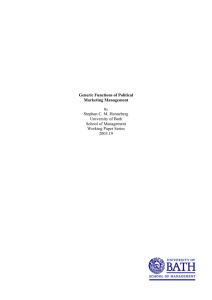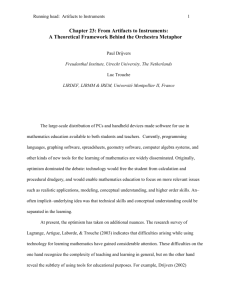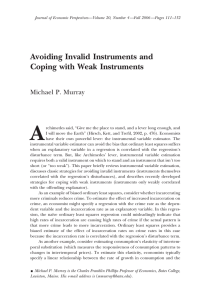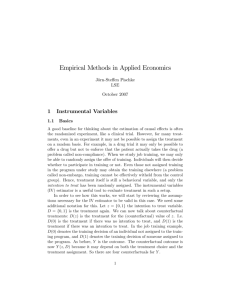Akson.sgh.waw.pl/econometric_methods What was the
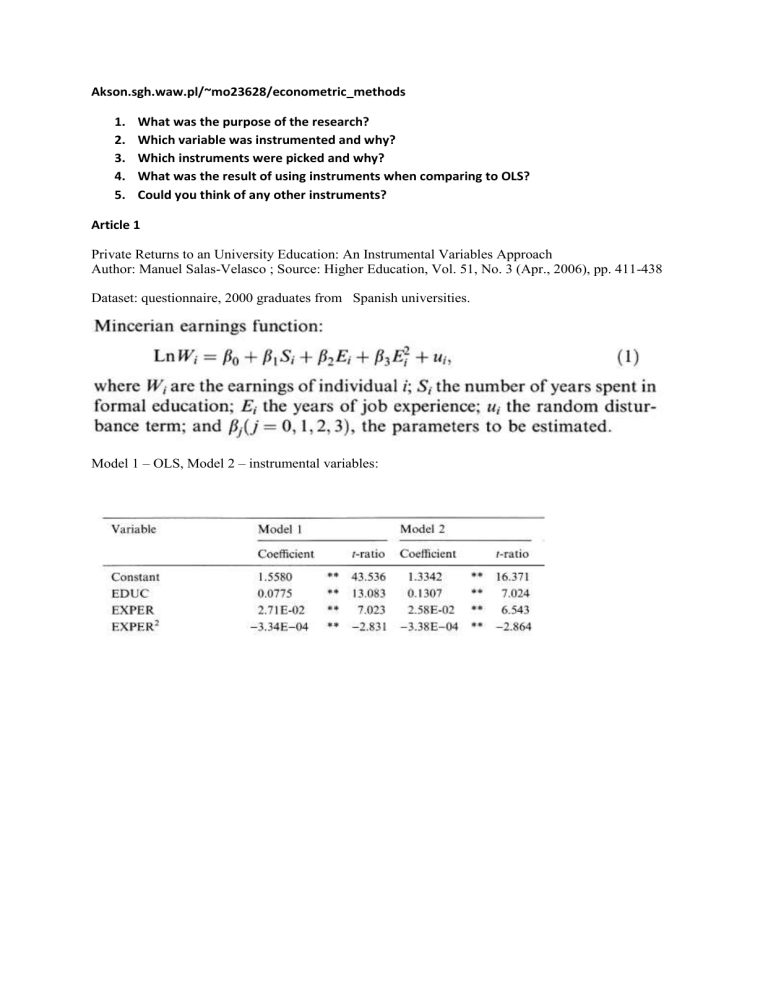
Akson.sgh.waw.pl/~mo23628/econometric_methods
1.
What was the purpose of the research?
2.
Which variable was instrumented and why?
3.
Which instruments were picked and why?
4.
What was the result of using instruments when comparing to OLS?
5.
Could you think of any other instruments?
Article 1
Private Returns to an University Education: An Instrumental Variables Approach
Author: Manuel Salas-Velasco ; Source: Higher Education, Vol. 51, No. 3 (Apr., 2006), pp. 411-438
Dataset: questionnaire, 2000 graduates from Spanish universities.
Model 1 – OLS, Model 2 – instrumental variables:
Instruments for EDUC (first step OLS):
OCCUFA – father’s occupation. 1 for entrepreneur, managerial personel, group A public administration civil servant; COST – cost of education, 1 for low costs (for example students who lived in family home during studies), EDUCMO –mother’s years of schooling completed, FEMALE – gender , 1 for female.
Article 2
Estimating the Effect of Campaign Spending on Senate Election Outcomes Using Instrumental
Variables
Author(s): Alan Gerber
Source: The American Political Science Review, Vol. 92, No. 2 (Jun., 1998), pp. 401-411
Incumbent – person who is a senator at the moment and tries to be reelected
Challenger – new candidate
Dependent Variable for All Specifications Is Incumbent Share of Two- Party Vote
Instruments for spending variables - wealth of a candidate and voting age population
OLS instr.variables
Article 3
Does More Crime Mean More Prisoners? An Instrumental Variables Approach
Author(s): Yair Listokin
Source: Journal of Law and Economics, Vol. 46, No. 1 (Apr., 2003), pp. 181-206
Instruments for total crime per capita – number of abortions 10 and 20 years ago
Article 4
Estimating the Effect of Elite Communications on Public Opinion Using Instrumental Variables
Author(s): Matthew Gabel and Kenneth Scheve
Source: American Journal of Political Science, Vol. 51, No. 4 (Oct., 2007), pp. 1013-1028
Political awareness - when you meet your friends, do you talk about politics ? 1 -never, 2 - sometimes, 3 - often
Dataset: questionnaire, Eurobarometer,
Dependent variable - is the membership of your country in EU 1 - a bad thing, 2 - neither good neither bad thing, 3 - a good thing?
Elite polarization - diversity of parties in a particular country with respect to attitude to European integration. Each party was given points 1-party is strongly against integration, 7 - party strongly supports integration; then for each country, standard deviation was calculated weighted by the size of each party. Higher standard deviation means greater polarization.
Instruments for polarization - number of parties in parliament, number of parliament members, ethnic diversity


